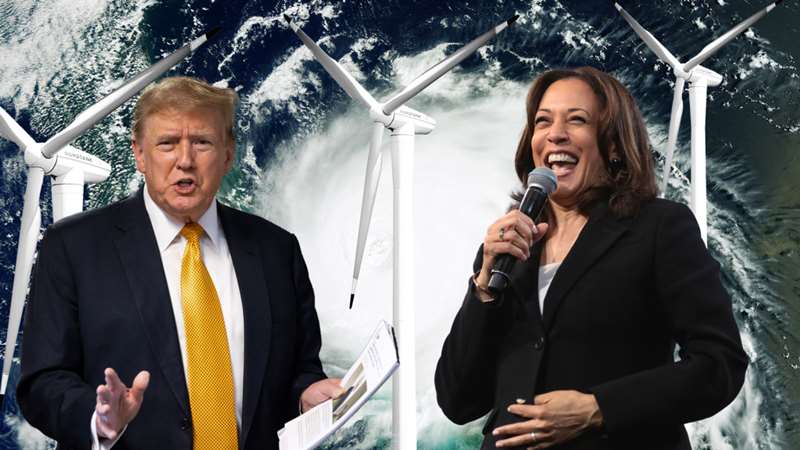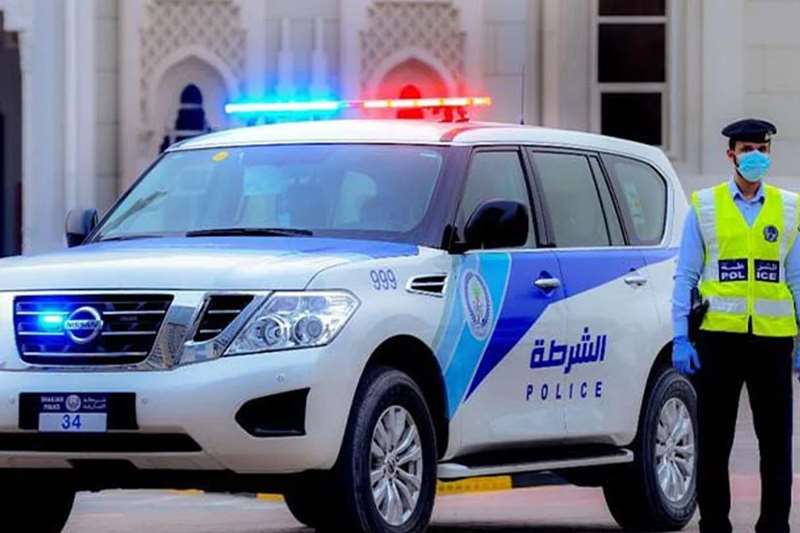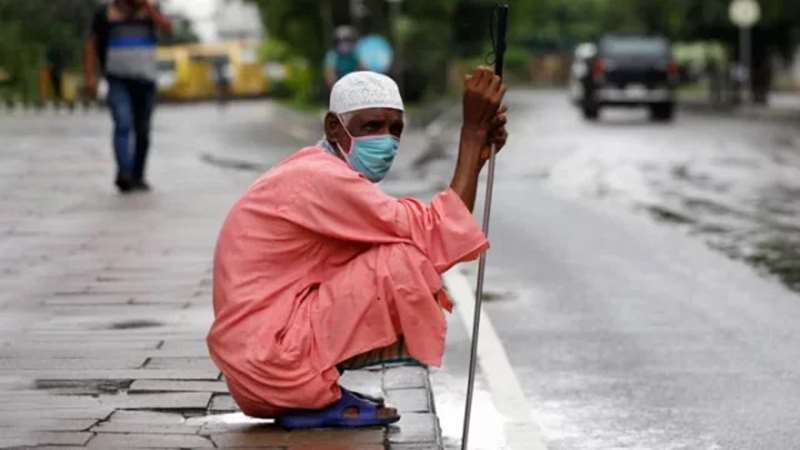Modi's controversial comments and EC's silent role

Prime Minister Narendra Modi
Thousands of concerned citizens have raised objections to Prime Minister Narendra Modi's recent remarks made during election rallies in Bansbara, Rajasthan, and Aligarh, Uttar Pradesh. In his speeches, the Prime Minister made statements that were perceived as targeting the Congress party and the Muslim community. He alleged that if the Congress were to come into power, they would seize the wealth of the common people and distribute it among Muslims. These comments have sparked widespread criticism and accusations of inciting communalism and hatred.
Actions Taken by Citizens
Two separate applications were submitted to the Election Commission by concerned citizens and organizations. The first application, signed by 2,209 prominent citizens, urged the EC to take immediate action, highlighting the damaging impact of Modi's language on the integrity of democracy. The second application, signed by 17,400 individuals under the banner of 'Constitution Bachao Nagrik Abhiyan,' accused the Prime Minister of violating the Representation of the People Act, 1951, and the Model Code of Conduct. They argued that Modi's comments not only incited communalism but also fueled hatred against Muslims.
Election Commission's Response
Despite the gravity of the situation and the mounting pressure from civil society, political parties, and concerned citizens, the Election Commission has maintained silence regarding Prime Minister Modi's controversial remarks. Even after 48 hours had elapsed since the comments were made, the Commission refrained from issuing any statement or taking action against the Prime Minister.
Comparison with Previous Actions
The Election Commission's inaction stands in stark contrast to its recent actions, such as the suspension of Congress spokesperson Randeep Singh Surajwala for allegedly making offensive comments against a BJP candidate. This discrepancy in treatment has raised questions about the Commission's impartiality and adherence to its own standards of conduct.
Legal Framework and Recommendations
In a Supreme Court case in 2022, the Election Commission stated that it lacked the power to ban political parties or their leaders for hate speech, citing the absence of specific legislation on the matter. However, it acknowledged taking measures under the Representation of the People Act in such cases. The petitioner in the case, lawyer Ashwini Upadhyay, called for the implementation of recommendations from the Law Commission report on hate speech.
The Election Commission's failure to address Prime Minister Modi's contentious remarks has led to concerns regarding its credibility and commitment to upholding democratic principles. In light of the upcoming elections and the potential impact of inflammatory rhetoric on communal harmony, it is imperative for the Commission to demonstrate swift and decisive action in accordance with the law.










পাঠকের মন্তব্য